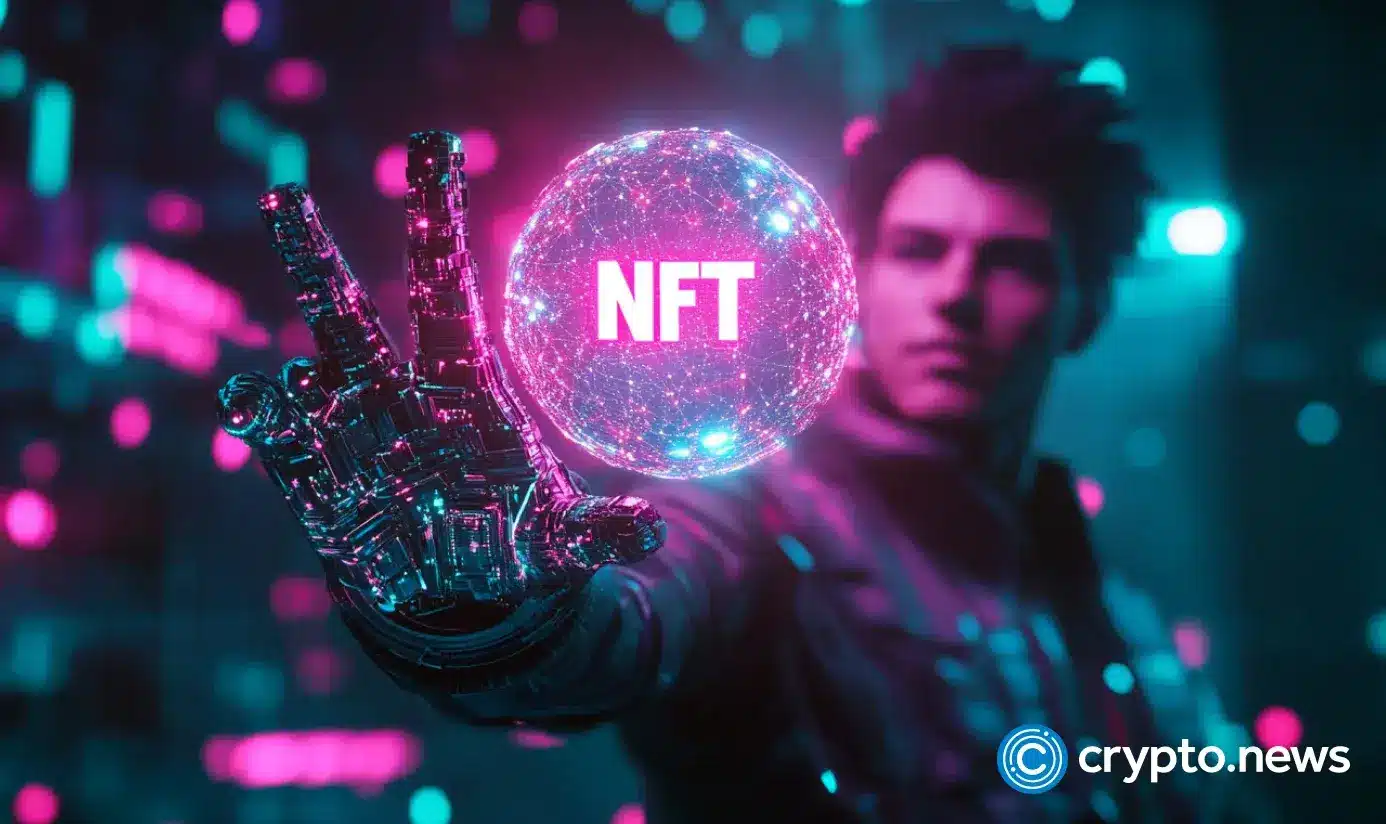Disclosure: The ideas and opinions expressed here are only for the author and do not represent the ideas and ideas of the editorial of Crypto.
In February 2022, Netflix’s documentary, The Tinder Swander, held wide discussion, which coincided with market reform of the year before the year. The documentary shook the web3 community, briefly focusing on the real reality of the blockchain and online scams, with Crypto a focus.
The plot was striking familiar – the story of a scam now heard countless times with a modern turn. Many victims face to find in intensive difficulty when trying to find ways to verify the identity of the scammer, the online discussion was quick to criticize or dismiss the affairs of the victim. However, the question was: How can these people deliberately verify someone’s claims?
The debate and online discussion around the documentary took place until the next trending topic transferred the spotlight. This important problem has not been encountered: a recent report on scaming has highlighted it, underlining the important need of a system of decentralized trusts, which is able to use any, old or youth.
Hong Kong police recently exposed one HK $ 34 millionWhich is approximately the US $ 4.37 million, scam operation targeting victims through the use of copying by AI and Deepfec. according to a Report Until South China Morning Post, the investigation highlighted some novel strategies employed by local romance scam operators. Using AI to generate reliable images of attractive women to woo victims in romance and investment scams.
The recruitments were trained to create a fake online personality using AI-managed deepfec images of attractive individuals. He then lured the victims into romantic relationships online. Once the trust was established, the scammers persuaded the victims to invest in cheating crypto platforms.
Dark side of AI and Deepfeck
Scammers become more creative because technology carried forward. What started with phone scams – was designed to take advantage of moments of fear or confusion – progressed in social media manipulation. The scammers began to take advantage of the curated profiles and staged interaction using photos and preferred to build credibility and trust veneer.
Now, we are seeing the industrial revolution of the Internet with our very eyes: AI is efficiency, and with this the integration of AI comes into scams. These rapidly advanced by these rapidly advanced generic AI models, these bots have the ability to simulate human behavior to create a fully assured identity using deepfec and to cheat with unique accuracy.
The emergence of this technology has provoked widespread debate, raising important questions: How can individuals and organizations difference between artificial representatives of real people and real people who mimic human behavior in a realistic way?
This is the place where state-of-the-art companies like CHEQD are game changer-which asks to provide relief from online fraud through the use of decentralized, verificationable credentials. These credentials empower individuals and organizations to claim authenticity without compromising privacy. CHEQD AI- stands as a pawn in the fight against the growing tide of powered scams.
Proof-of-passenger
As the break -up speed of AI development continues, the demand for solution which ensures authenticity against AI integrated fraud. The requirement of proof-of-disciplines to verify unique human identity while preserving privacy-one system-veb 3 will be paramount in ecosystem and beyond security.
To verify real individuals in a rapid AI-managed social scenario, we create a reputation using social signals and proof points. For example, I can prove I am supported by CHEQD to own my Telegram handle and I am the CEO of the company. These credentials are issued by the organization, not only self-dawa. Additionally, you can click on credentials to verify that I have approached the verified Telegram handle associated with them.
For example, ‘proof’ (as a cryptographic verification on blockchain) was collected from several in-tradition events in months or years, as well as proof of the identity issued by the government, giving you a very high assurance. Chat with a person. AI will not be able to collect those evidences, as as a person, as a person, who can access them, especially in an extended period and from several independent sources.
The rise of AI bots enhances the need for verification
The discovery of authenticity shapes our culture, desires and identities as a person, affects everything from food we wear in fashion. This pursuit is not only promoted by AI bots not only by AI bots, but by individuals who use inhuman methods like AI, they have to paint themselves online in best light, credibility and authenticity of online institutions Create the idea of anytime among users. ,
A remarkable example of this is through the beloved Truth Terminal – an AI Bot Web 3X (formally Twitter) created by developer Andy Irere. Bot made a spelling mistake in one of his posts, which also provoked a debate on the other side of the spectrum around the limits of human participation in its operation.
Such incidents underline the need for a strong digital verification system and there is increasing difficulty between human and machine-borne while AI learns from us.
Decentralized identifier (DIDS), such as supported by CHEQD, provides a scalable solution. They are globally recognized unique identifiers who enable institutions or individuals to recognize centralized officials without relying. Technology enables individuals and organizations to manage their digital identity independently, so they will not need to rely on third parties to release or verify them.
While the lines between humans and AI-related materials are rapidly blurred, DIDS provide the only viable solutions to maintain online confidence and authenticity.
waiting
As the AI stains the line between reality and the construction, the need for a verification trust sometimes becomes more important. Scams are mushrooms and are becoming more advanced, decentralized technologies such as people manufactured by Cheqd are not only optional, they are necessary.
CHEQD is constructing a infrastructure for a more secure digital world through verificationable credentials, DIDS, trust registries and zero-knowledge proofs. By providing practical tools to establish authenticity, CHEQD protects organizations and individuals, ensuring that the digital spaces we navigate are safe and reliable.




